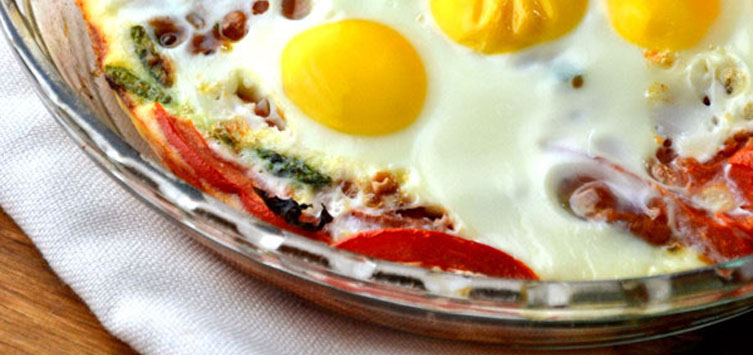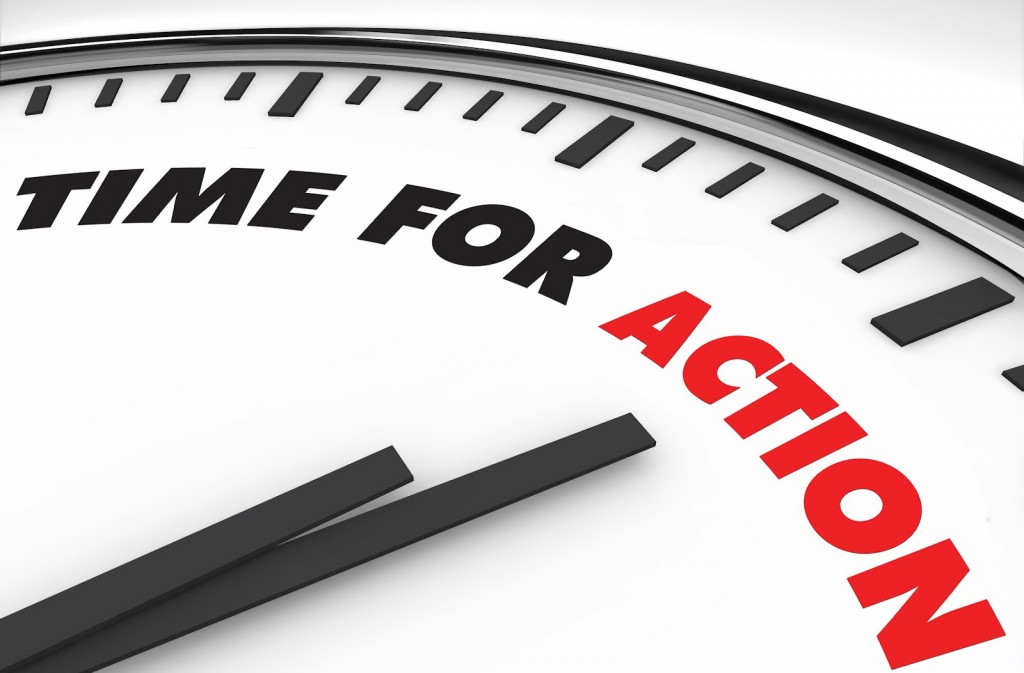
The internet is full of fitness websites that offer empty promises, miracle foods and weight loss advice that is not only scientifically invalid and bad for overall health, but sometimes even borderline insane. If you were looking for a simplistic piece of advice, some supplement and equipment recommendations and a promise of losing pounds quickly, then you should just turn away right now, lest the stone cold realities discussed in this article traumatize you. There are plenty of specific approaches that can be used to lose weight and several different lifestyle types that are conducive to maintaining a reasonably (more on this later) lean figure, but they all share the same key components, while the finer points vary from person to person.
You will find such basic similarities amongst the top people in any field: all good boxers need to be able to throw, slip and take a good punch; a good painter will need to have detailed knowledge of the tools and materials involved in different techniques and have a deeper understanding of art theory no matter what artistic movement he belongs to; and people who want to become fit must do so within the parameters of how our bodies operate on both the physical and psychological level. The true challenge is to maintain good health while losing weight, and to keep ourselves fit and healthy after we have achieved our goal. So, how do we go about this?
-
A well-designed, but flexible diet is better than a strict one

The fastest way I know of losing weight is just plain starving yourself – soldiers that get stranded behind enemy lines during missions and wonder around jungles, desserts and snowy plains for days with virtually no food come home pretty darn skinny. The problem is that they end up with severe kidney and liver problems, and a number of other health issues, not the least of which being death. My point is, you can do things the quick way or you can do things the right way.
Believe me, I’ve seen diets that aren’t too far from actual malnutrition – this can be said about all sorts of so called “cleanses”, diets that have you completely eliminate a specific macronutrient (bad idea as you need these to function properly) and diets that have you eating more than a 1000 calories bellow your daily maintenance level. What you need is a diet that goes no more than 200-400 calories bellow your daily maintenance level, has you eating a good amount of vegetables for vitamins and fiber, contains the right balance of macronutrients (protein, carbohydrates and fat) for what you are trying to achieve and allow you to still get in a small amount of your favorite food from time to time.
-
Keeping track of you calorie and nutrient intake is more important than meal timing
People often talk about the importance of more frequent, but smaller meals during the day, as this is supposed to speed up your metabolism and help you lose weight. While it may be better for some because you never really get too hungry and may be able to better cope with eating less food overall, it doesn’t really play a significant role in overall weight loss. Many athletes and bodybuilders use intermittent fasting to cut weight, i.e. they eat hardly anything during the day and get most of their calories in late in the afternoon (similar to how Muslims fast during Ramadan), and they are still able to perform and remain healthy. Going to such extremes isn’t really convenient for the average person, but this juts serves as an example of how eating bigger and more infrequent meals can still give you great results when dieting.
![]()
Of course you need to know how much you can eat during the day and track your calorie intake. There are plenty of calculators available online that will give you an idea of how many calories you need for maintenance, and you can simply subtract 200-300 calories from this to get the number of calories you need to eat to keep losing weight at a healthy pace. This will result in losing about one pound a week. You should try to get a good deal of these calories from protein sources (eggs, fish, chicken and turkey breast, legumes, milk and protein powders) while lowering carbohydrate intake (oats, potatoes, rice, fruit and honey) and getting a fair amount of fat (eggs, full fat milk, red meat, olive oil, avocados and nuts).
-
Balancing the diet and exercise regime with your lifestyle
First of all, you will absolutely have to increase your level of physical activity throughout the day as well as train hard some 4-5 hours a week if you want to get good results. This means going to the gym for an hour 3-4 times a week for heavy resistance training, and doing about 15 minutes of high-intensity cardio 3 times week. No matter how busy you are you will be able to fit this into your schedule. Of course you will need to increase your low-intensity physical activity as well, and this can simply mean parking a bit further and walking to the office, using stairs instead of the elevator, walking the dog more often, doing house chores, listening to an audio book while walking instead of sitting in a chair and watching a movie and so on.
The frequency of your meals and the exact food you eat will have to be customized to fit your circumstances, but as long as 85-90% of your diet consists of healthy food and you only eat unhealthy food and sugary snacks in moderation, e.g. one doughnut and half a glass of soda or one slice of pizza, you will be just fine. Just remember to note those calories and not to exceed your allotted daily calories, carbs and fat. There are firms that dedicate their own business to packing the right amount of healthy food for daily meals.
By following these guidelines you can create a very sustainable weight loss program for yourself – one that you will be able to follow for a long time, and easily turn into a maintenance program once you have reached you goal. All it takes is doing a bit of online research, reading labels that literally spell things out for you, writing down what you eat, allowing yourself to eat a tasty snack every so often, regular exercise and consistency. Keep yourself in a slight caloric deficit, eat plenty of vegetables, drink water, be active and the pounds will start melting away.

